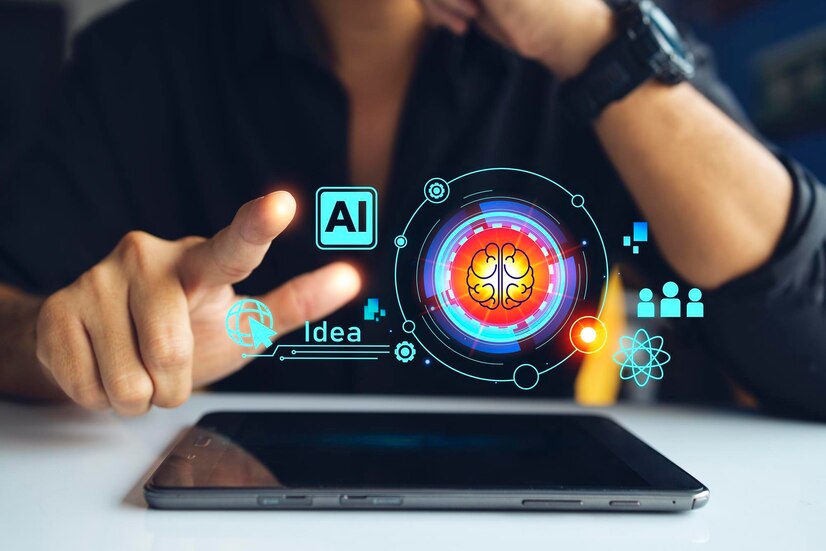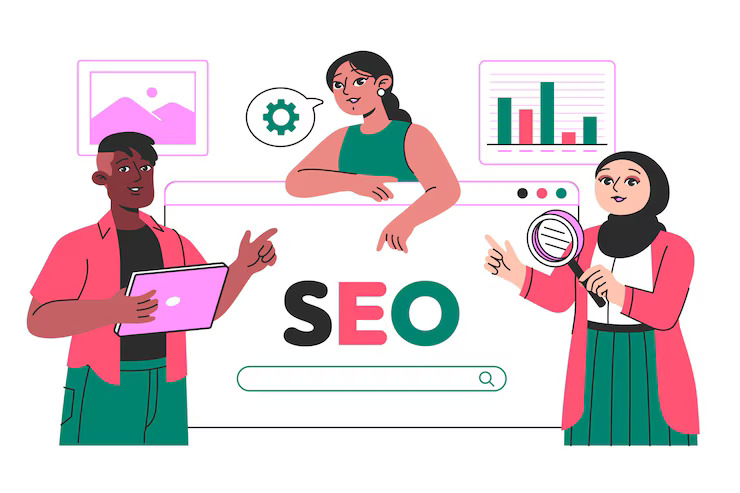
Impact of Artificial Intelligence on Digital Marketing Strategies
In the dynamic realm of digital marketing, staying ahead of the curve is imperative. One phenomenon revolutionizing this landscape is Artificial Intelligence (AI). As AI permeates various industries, its impact on digital marketing strategies is profound and multifaceted. Let’s embark on a journey to explore how AI is reshaping the digital marketing terrain and how businesses can leverage its potential.
Personalization Redefined: AI empowers marketers to delve into the realm of hyper-personalization. By analyzing vast amounts of consumer data, AI algorithms can decipher intricate patterns and preferences. This enables marketers to tailor content, product recommendations, and advertisements with unprecedented precision, thereby enhancing customer engagement and driving conversions.
Predictive Analytics: Gone are the days of relying solely on historical data to forecast trends. AI-driven predictive analytics harnesses the power of machine learning to anticipate future consumer behavior accurately. Marketers can leverage these insights to optimize their strategies, foresee market shifts, and seize opportunities before they arise.
Chatbots and Customer Experience: AI-powered chatbots have revolutionized customer service by providing instantaneous and personalized assistance round the clock. These virtual assistants can efficiently handle inquiries, resolve issues, and even initiate sales conversations. By enhancing customer experience and streamlining interactions, chatbots contribute to improved brand loyalty and satisfaction.
Content Creation and Curation: AI algorithms are increasingly adept at generating high-quality, relevant content. From automated article writing to personalized email campaigns, AI-driven content creation tools can significantly augment marketing efforts. Moreover, AI aids in content curation by identifying trending topics, optimizing keywords, and ensuring consistency across various channels.
Enhanced SEO Strategies: Search Engine Optimization (SEO) is undergoing a paradigm shift with the integration of AI. From semantic search to natural language processing, AI algorithms continually refine search engine algorithms, influencing website rankings and visibility. Marketers must adapt their SEO strategies to align with these advancements, focusing on user intent and context rather than keyword density.
Advertising Optimization: AI-powered advertising platforms, such as Google Ads and Facebook Ads, leverage machine learning algorithms to optimize ad targeting, bidding strategies, and ad creatives. By analyzing user behavior in real-time, AI can deliver highly relevant ads to the right audience, maximizing ROI and minimizing ad spend wastage.
Data-driven Decision Making: In the era of big data, extracting actionable insights can be overwhelming. AI simplifies this process by synthesizing complex data sets and uncovering valuable insights. Marketers can make data-driven decisions with confidence, identifying emerging trends, understanding audience sentiment, and refining their strategies accordingly.
In conclusion, the impact of Artificial Intelligence on digital marketing strategies is transformative. By embracing AI-driven technologies and methodologies, businesses can gain a competitive edge in an increasingly saturated market. However, it's essential to strike a balance between automation and human creativity, ensuring that AI augments rather than replaces human ingenuity. As we navigate this evolving landscape, one thing remains certain: AI will continue to shape the future of digital marketing, offering boundless opportunities for innovation and growth.


